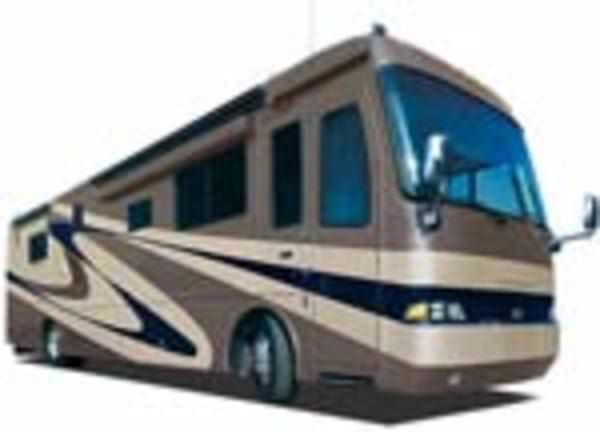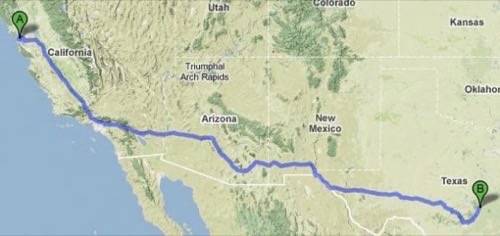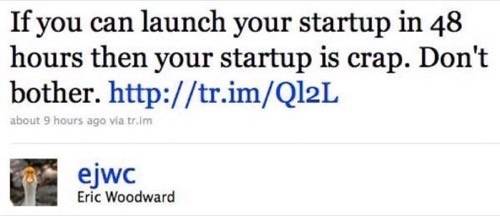Monday evening I was made aware of a particularly interesting promotion that will be taking place over the course of two days before South by Southwest (SXSW). The event, or tour, is called The Startup Bus, and will challenge 12 participants to create as many tech startups as possible during a 48 hour bus ride from San Francisco to SXSW in Austin. The question this event raises in my head is whether these “beat-the-clock” entrepreneurship experiments are actually healthy for the broader startup culture.

This event isn’t the first of its kind; in fact, it closely resembles the Startup Weekend event series, just on wheels and with fewer people. We also reported back in January on an Australian man who was attempting to create and launch a startup in a week with just $500. Going solo is a little different than collaborating with a large group of entrepreneurs with the guidance of experienced mentors, which has helped Startup Weekend produce several success stories from their events. It’s unclear whether The Startup Bus will host a similar makeup of entrepreneurs and mentors, but what is clear is that they will face many challenges on the road to Austin.
The participants will be crammed into a crowded bus for two days – not an ideal environment for constructive thought, at least not after the first day or so. A few years ago I took a two day bus ride of similar length from Madison, Wisconsin to my home in Phoenix, Arizona. I can attest that being on a bus (even a nice bus) for that long is not the most pleasant experience. I could have flown home, but I thought that a two-day bus ride with friends would be fun, and it was, but it was also exhausting. Sleeping, at least for me, was near impossible, and the claustrophobic nature of being packed elbow-to-elbow with 40-60 people (people I would even consider close friends) does not leave your brain in a great state, let alone foster the kind of critical thinking required by great entrepreneurs.

Last week The Startup Bus announced some changes to their original plans, allowing for 40 spots on the bus, which could just be for mentors, investors and journalists on top of the 12 main participants. By more than doubling the number of people riding the bus, its uncertain if they will still be able to secure a motor coach with beds, something they had originally planned. Regardless of the amenities, however, sleeping on a bus doesn’t come easy, beds or no beds.
Issues have risen from collaboration events in the past surrounding intellectual property; when a group of people come together on an idea, who’s to say who owns it? The Startup Bus is tackling this problem by having participants auction off ideas to the highest bidder at the end of the trip, an interesting solution to IP disputes.
But enough about The Startup Bus, this article really isn’t about them. This isn’t meant to be critical of their experiment, or of the man in Australia, or any other startup “challenge” for that matter. In fact, The Startup Bus actually seems like a interesting experiment in entrepreneurship that could leave the participants with lessons they will carry with them into their futures. Additionally, these groups are providing a unique experience that can actually foster good ideas through collaboration of entrepreneurs, programmers and business people.
The real question here is do these kinds of experiments ultimately benefit the overall startup community? Or do they give a false impression about the time, dedication and persistence that are required to start a successful company? Are people outside of the startup culture receiving the wrong impression about the seriousness and validity of startups? Granted, the conclusion of events like these marks only the beginning for a possible company or product, but does the haste in which these groups and ideas are thrown together speak to their overall quality? Eric Woodward of Nambu made his opinion on this matter clear Monday night in his Twitter status below.

Is Woodward right to be critical of The Startup Bus? Or is he missing the broader point? I would argue that events like these do have a benefit, especially to those directly involved. The mentorship received by the participants at Startup Weekend is certainly enough to make it worthwhile, not to mention the potential created by having a large group of smart people all in one room. When smart people get together, good things happen. The Startup Bus could certainly replicate this experience, but the challenges of being on a bus will undoubtedly make things tricky.
However, one could also argue that these benefits come at a price by creating a false sense of what starting a company requires, though I doubt any of these events or organizations are actually trying to belittle these ideals. I’ll be interested to see what kinds of ideas manage to be built and launched by the Startup Bus participants when the group arrives at SXSW in a few weeks. This issue is bound to draw strong opinions on both sides, and that’s not a bad thing. Please let us know how you feel about this issue in the comments below.

















